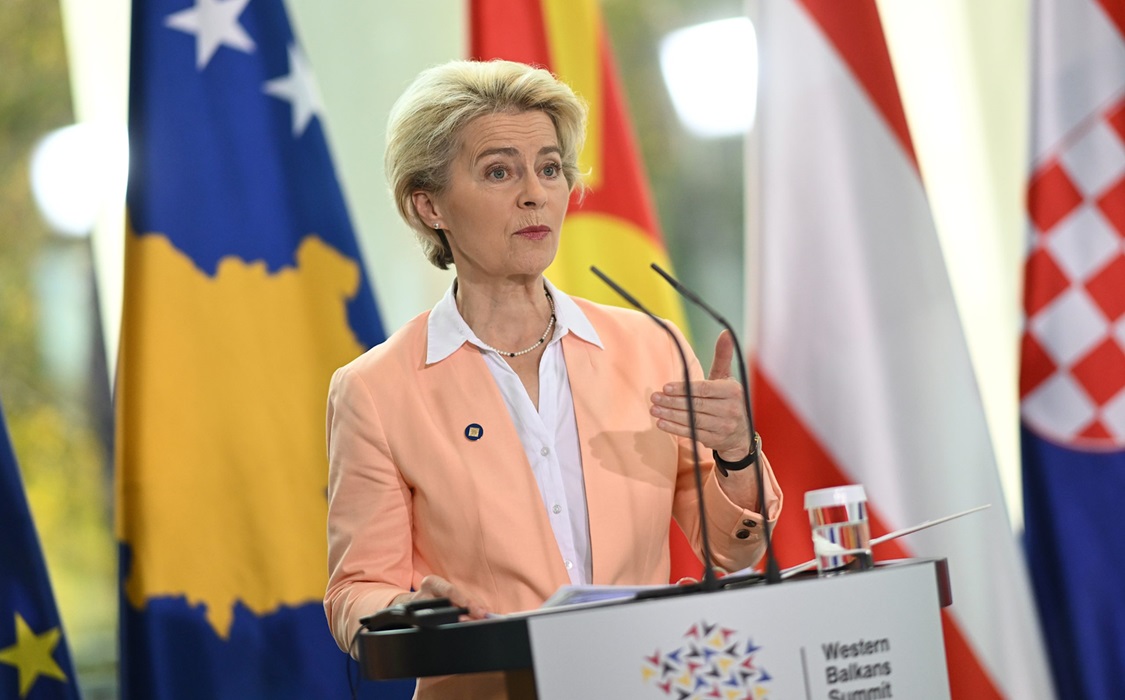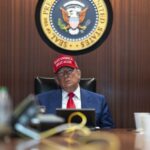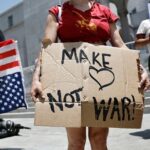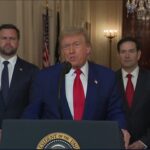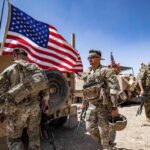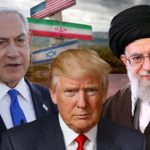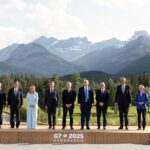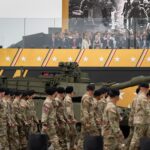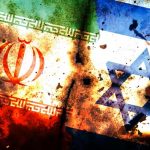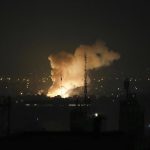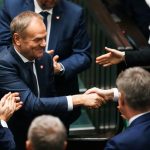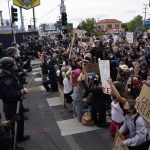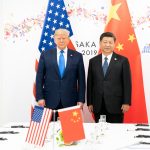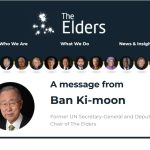The Elders warn US, Israeli strikes on Iran have intensified global nuclear proliferation risks
Statement: The US and Israeli military strikes on Iran over the past two weeks are illegal, and have sent a dangerous message about the normalisation of military might overriding the rule of law. They cannot be justified as legitimate self-defence under Article 51 of the UN Charter, and no credible evidence of an imminent attack by Iran has been put forward.
These acts have undermined nuclear diplomacy and risk fuelling a new wave of proliferation of nuclear weapons in the Middle East and globally. The ceasefire announced overnight must be respected in full to restore stability and space for diplomacy.
We are extremely concerned about the loss of oversight over Iran’s stockpiles of enriched uranium in light of the US strikes. We reaffirm the critical role of the International Atomic Energy Agency, and that nuclear facilities should never be targeted under any circumstances.
All parties should commit to upholding a full ceasefire and refrain from any further unilateral military action or retaliatory attacks. Over the past week, we have been confronted by the alarming risk that the collapse of the Iranian state could result in fissile material ending up in the hands of terrorists and other non-state actors, with potentially disastrous consequences.
Diplomacy has always presented the most effective path towards ensuring that Iran does not become a nuclear state. This was exemplified by the JCPOA (Joint Comprehensive Plan of Action), which was effectively constraining Iran’s nuclear programme prior to President Trump’s unilateral withdrawal in 2018. Immediately prior to Israel’s attack, Iran and the USA were engaged in negotiations to exchange long-term restrictions on Iran’s nuclear programme for sanctions relief.
The recent military strikes are unlikely to significantly set back Iran’s nuclear capabilities in the long-term. On the contrary, they may push the Iranian leadership into a decision to actively pursue nuclear weapons that it has not yet taken. We urge Iran not to withdraw from the Nuclear Non-Proliferation Treaty and to continue to allow IAEA access.
All sides should seize the opportunity presented by the fragile ceasefire agreement to return to dialogue, underpinned by international law, to find a sustainable way out of the current crisis.
It is equally vital that this crisis does not distract political leaders from working to end the Gaza war, Russia’s ongoing war on Ukraine, and other conflicts around the world.
24/06/2025
Juan Manuel Santos, former President of Colombia, Nobel Peace Laureate and Chair of The Elders
Graça Machel, Founder of the Graça Machel Trust, Co-founder and Deputy Chair of The Elders
Gro Harlem Brundtland, former Prime Minister of Norway and former Director-General of the WHO
Helen Clark, former Prime Minister of New Zealand and former head of the UN Development Programme
Elbegdorj Tsakhia, former President and Prime Minister of Mongolia
Zeid Ra’ad Al Hussein, former UN High Commissioner for Human Rights
Hina Jilani, Advocate of the Supreme Court of Pakistan and co-chair of the Taskforce on Justice
Ellen Johnson Sirleaf, former President of Liberia and Nobel Peace Laureate
Denis Mukwege, physician and human rights advocate, Nobel Peace Laureate
Mary Robinson, former President of Ireland and former UN High Commissioner for Human Rights
Ernesto Zedillo, former President of Mexico






